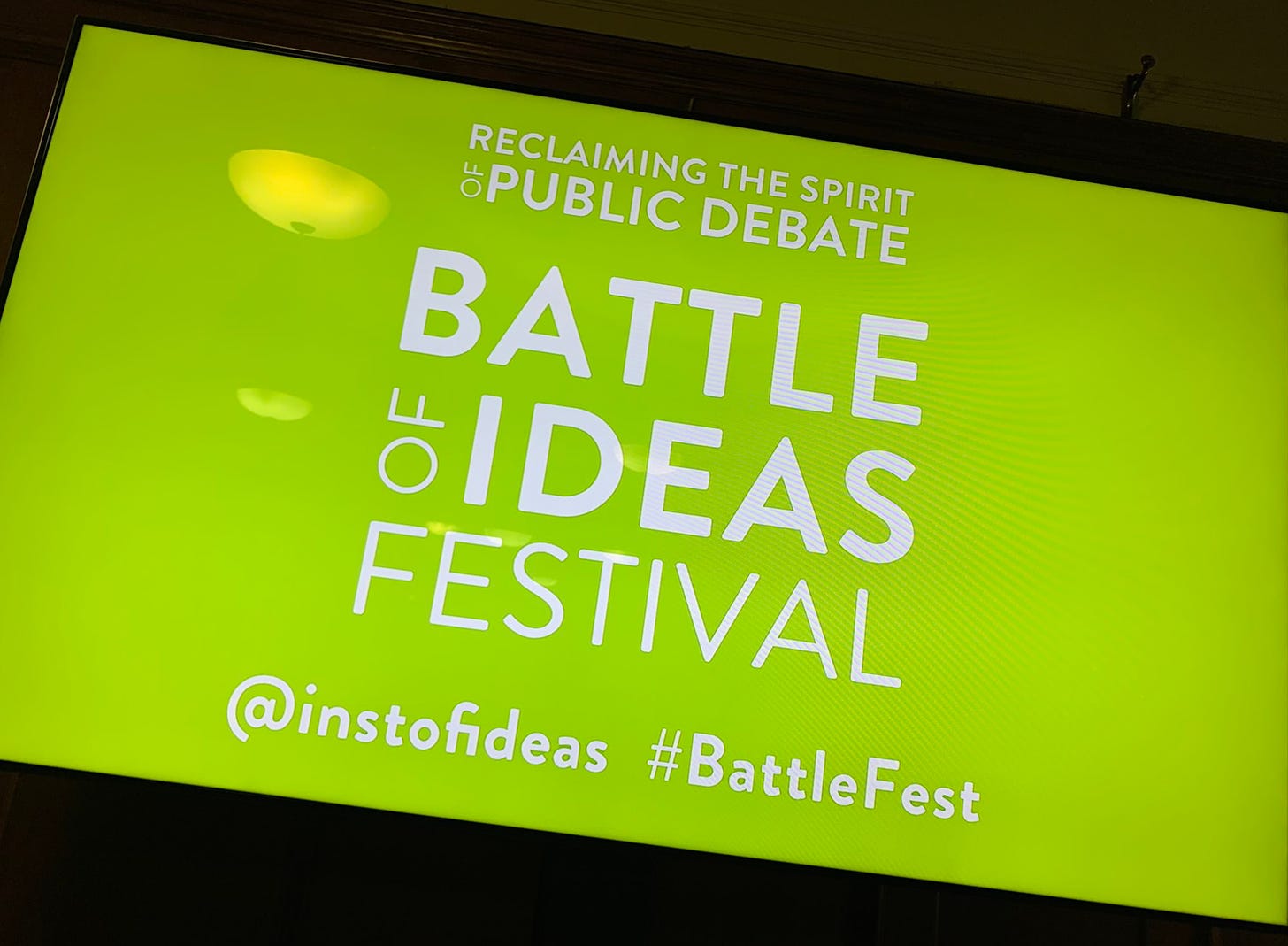A ‘nudge’ too far? The rise of behavioural science and technocratic rule
From my opening talk the Battle of Ideas, at which I argued that 'nudge' is inherently anti-democratic
This is a transcript of my opening 5 minutes at the Battle of Ideas talk, A ‘nudge’ too far? The rise of behavioural science and technocratic rule. Also on the panel were Dr NobuLali Dangazele, Profe…




